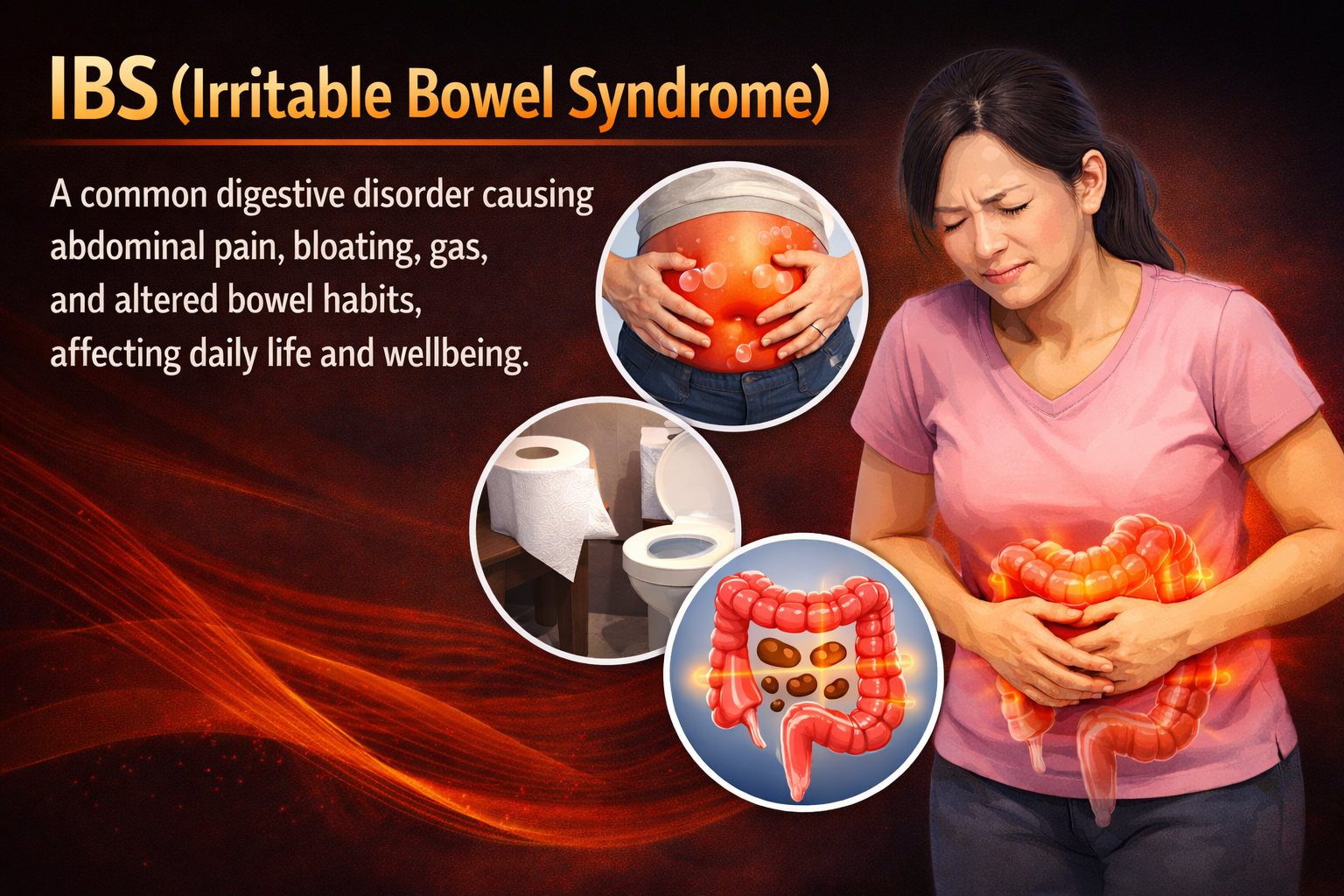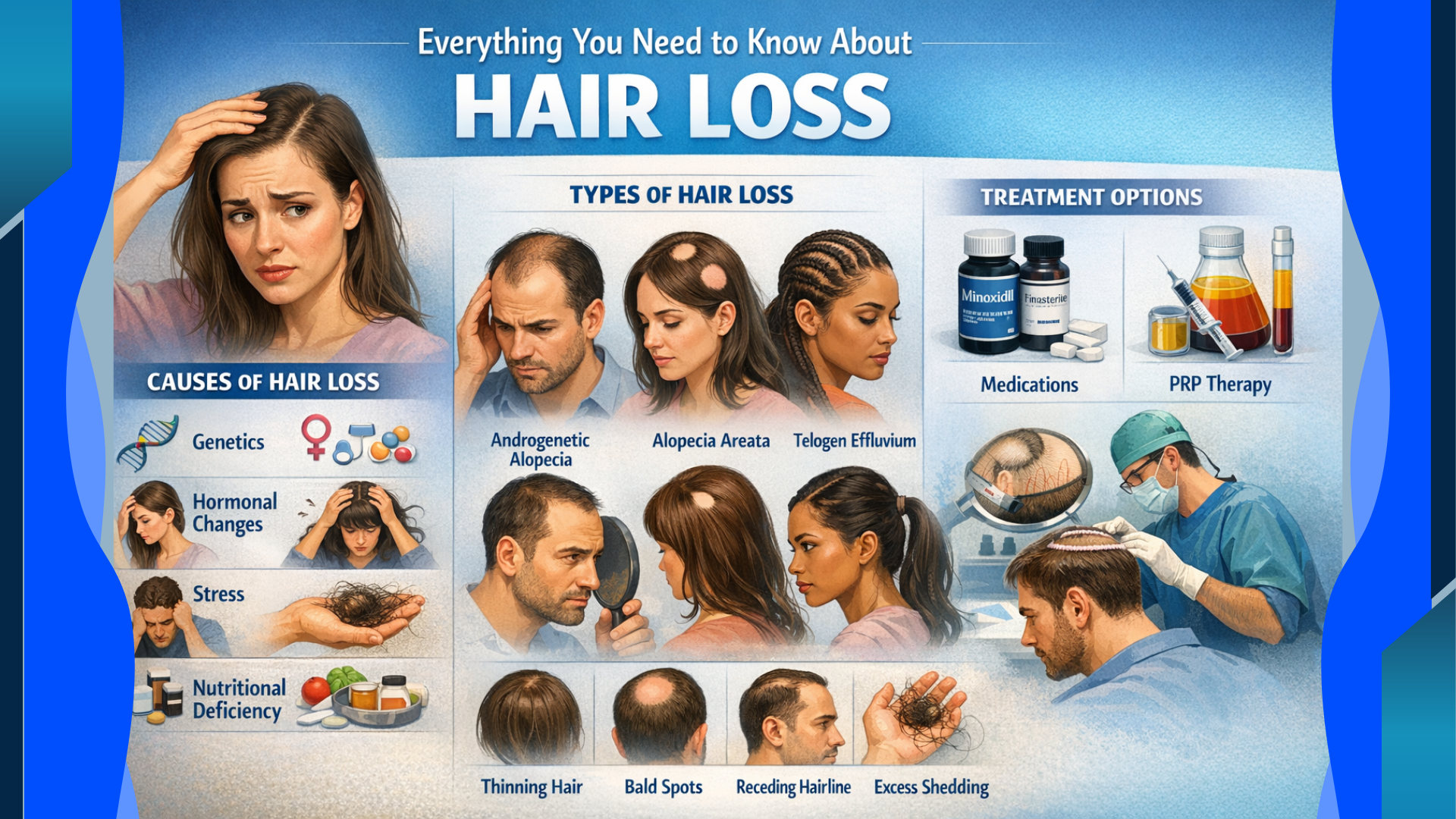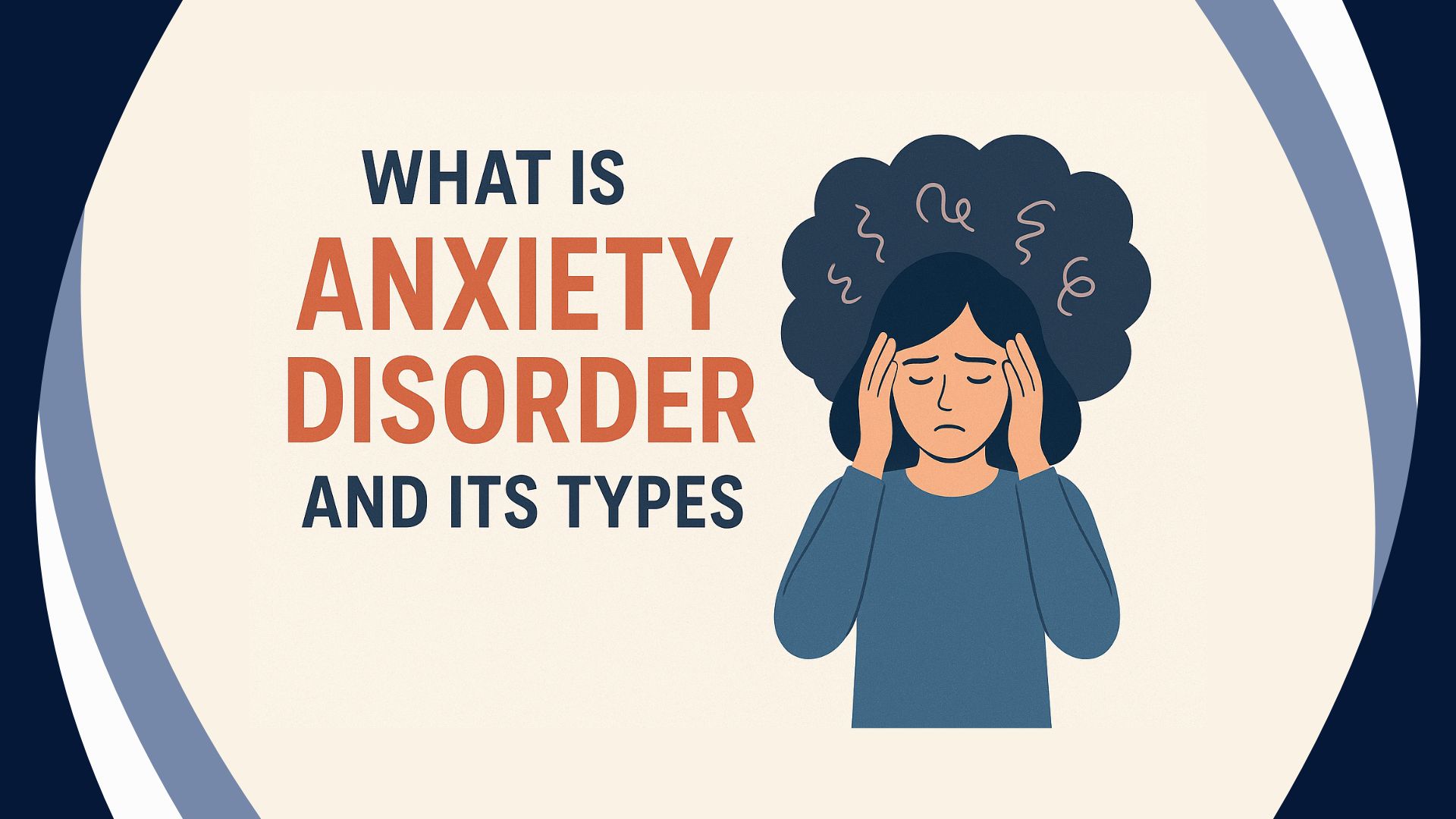Use of Minoxidil is good or bad for Health
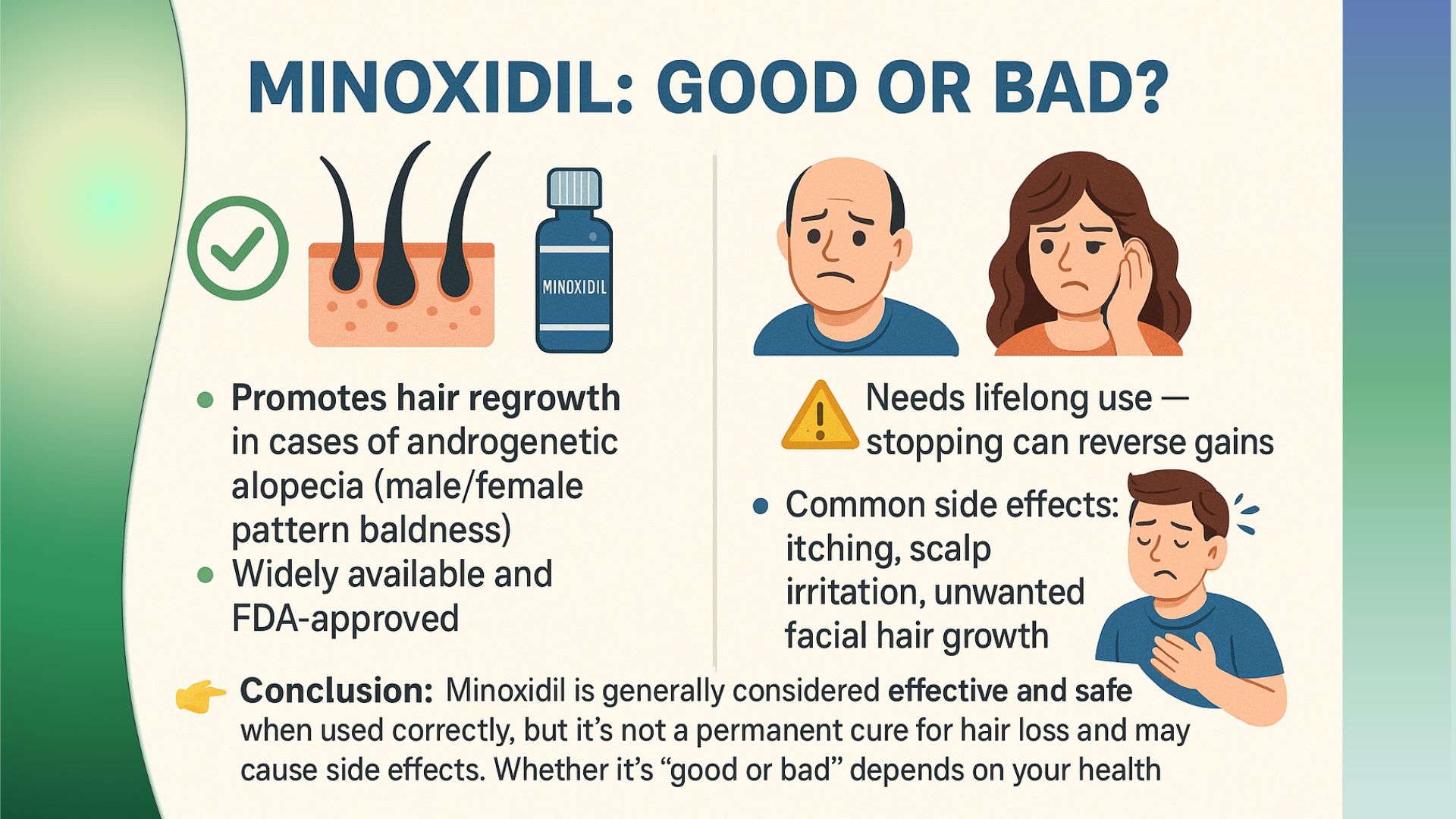
Minoxidil is a medication primarily used to treat severe high blood pressure and is also widely recognized for its effectiveness in promoting hair growth, particularly in cases of male pattern baldness. However, its use comes with both benefits and potential health risks.
Benefits of Minoxidil
- Effective Treatment for Hair Loss: Minoxidil is FDA-approved for treating hair loss conditions, including male pattern baldness and traction alopecia. It works by stimulating hair follicles and increasing blood flow to the scalp, which can lead to new hair growth.
- Blood Pressure Management: For individuals with severe hypertension that is unresponsive to other treatments, minoxidil can help lower blood pressure by relaxing blood vessels, thus improving overall cardiovascular health.
Potential Health Risks
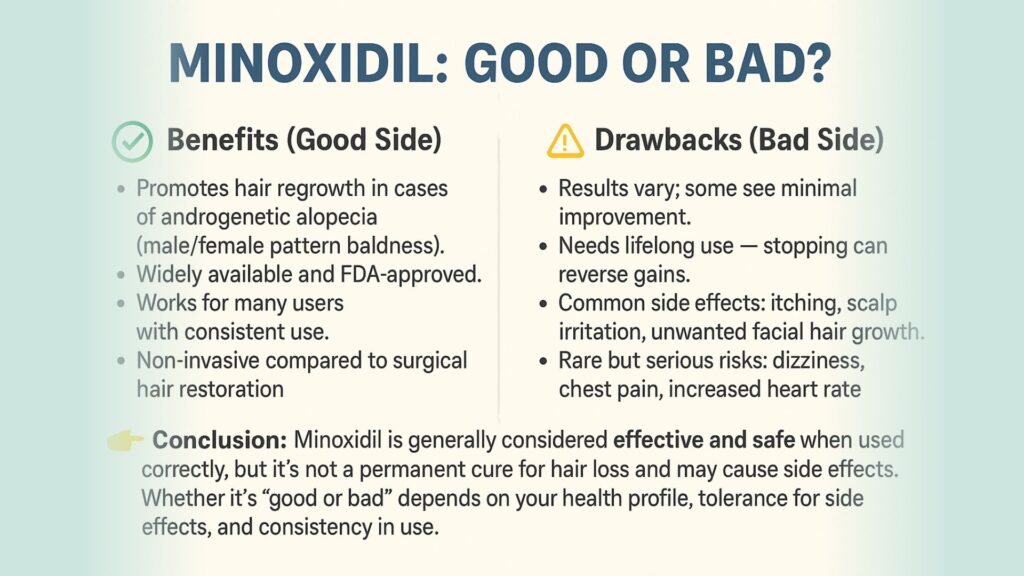
- Common Side Effects: Users may experience side effects such as nausea, vomiting, fluid retention, and increased body hair growth (hypertrichosis). These effects are generally mild but can be bothersome.
- Serious Side Effects: More severe risks include heart-related issues such as chest pain, rapid heartbeat, heart failure, and pericarditis (swelling around the heart). Individuals with pre-existing heart conditions should use minoxidil cautiously and under medical supervision.
- Fluid Retention: Minoxidil can cause significant fluid retention, leading to swelling in the legs and feet. This side effect can be particularly concerning for those with heart problems.
- Allergic Reactions: Some users may experience severe allergic reactions, including difficulty breathing or swelling of the face and throat. Immediate medical attention is required in such cases.
Conclusion
The use of minoxidil can be beneficial for treating hair loss and managing high blood pressure; however, it is essential to weigh these benefits against the potential health risks. Consulting a healthcare provider before starting treatment is crucial, especially for individuals with health conditions or taking medications. Regular monitoring can help mitigate serious side effects while allowing users to benefit from its therapeutic effects.
